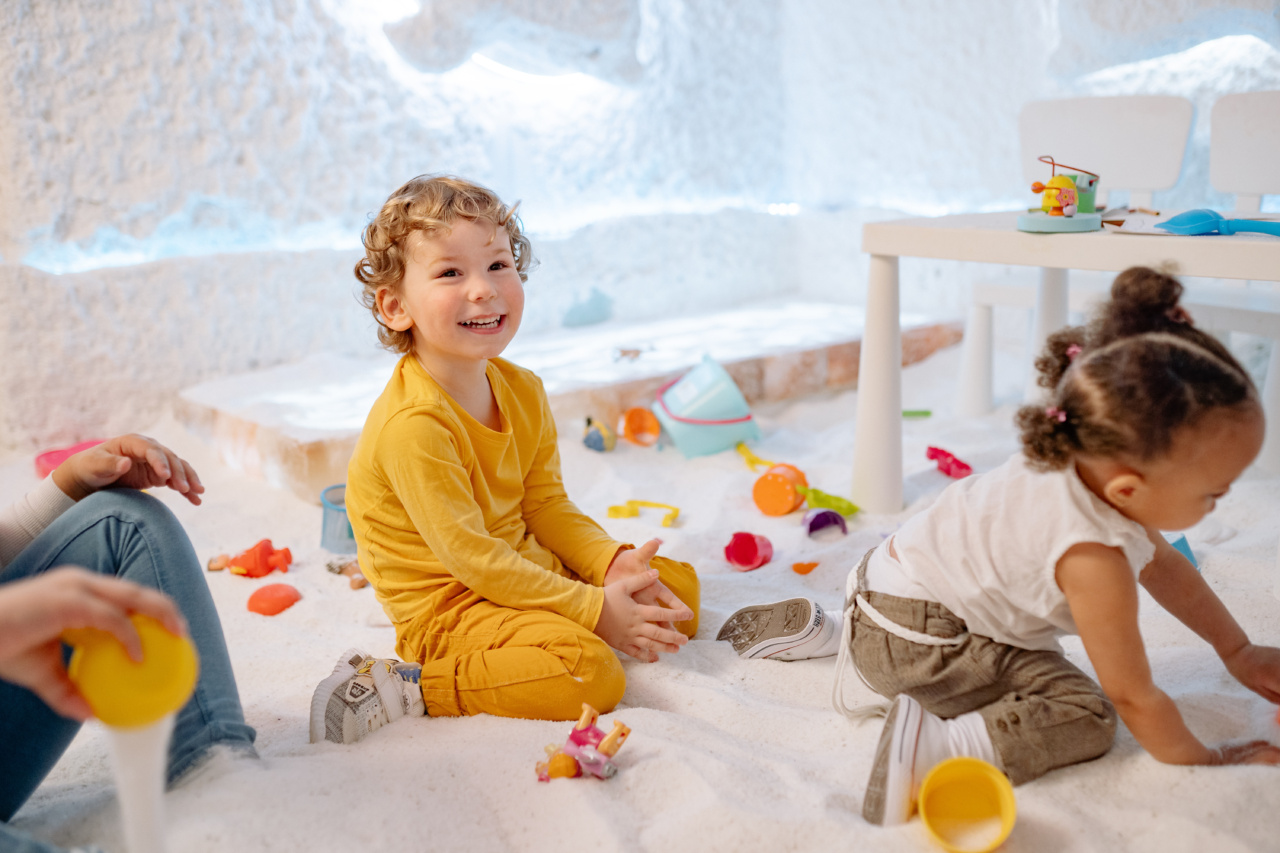Every child is born with immense potential. As parents, it is our responsibility to nurture and unlock that potential, allowing our children to thrive and become the best version of themselves.
Understanding the psychology of babies and toddlers can provide valuable insights into their development and enable us to create an environment that fosters growth and unleashes their full capabilities.
The Power of Early Years
The first few years of a child’s life are crucial in shaping their development. During this period, their brain undergoes rapid growth, establishing neural connections that form the foundation for all future learning and behavior.
The experiences children have and the interactions they engage in during these early years play a significant role in shaping their cognitive, social, and emotional abilities.
The Role of Attachment
Attachment theory, pioneered by psychologist John Bowlby, emphasizes the importance of a secure and nurturing attachment between parents and their child.
When babies feel safe, loved, and connected to their caregivers, it creates a strong foundation for healthy emotional development. This secure attachment enables children to explore their environment, build resilience, and form healthy relationships in the future.
Encouraging Curiosity and Exploration
Babies and toddlers are naturally curious beings. They constantly seek to understand the world around them, which is why providing them with opportunities for exploration is essential.
Creating a safe and stimulating environment where they can freely investigate objects, test their own limits, and engage in sensory experiences fosters their cognitive development and problem-solving skills.
The Importance of Play
Play is not just a way of keeping children entertained; it is also a vital aspect of their development. Through play, children learn to communicate, negotiate, think creatively, and solve problems.
Offering a variety of age-appropriate play experiences helps develop their language, motor, cognitive, and social skills. As parents, we can actively participate in playtime, providing guidance and joining in the fun, which enhances our bond with our child.
Supporting Language Development
The early years are crucial for language development. Babies and toddlers are sponges, absorbing everything around them.
Talking, singing, and reading to your child from day one not only strengthens the parent-child bond but also exposes them to a rich vocabulary and fosters early literacy skills. Engaging in conversations, responding to their babbling, and introducing new words in everyday activities help expand their language abilities.
Fostering Emotional Intelligence
Emotional intelligence, the ability to recognize and manage one’s own emotions and understand the emotions of others, is a vital aspect of a child’s social and emotional development.
As parents, we can help our babies and toddlers build emotional intelligence by validating their feelings, teaching them empathy, and providing a safe space for them to express themselves. By nurturing their emotional development, we equip them with essential skills to navigate relationships and handle challenging situations.
Establishing Routines and Boundaries
Children thrive in consistent and predictable environments. Establishing daily routines for activities such as mealtimes, naps, and bedtime provides a sense of security and structure.
Setting age-appropriate boundaries and consistently enforcing them teaches children self-discipline and helps them develop a sense of responsibility. Clear expectations and consistent consequences promote positive behavior and reduce conflicts.
Promoting Independence and Self-Help Skills
Encouraging independence is crucial for a child’s development. Allowing babies and toddlers to make choices, take age-appropriate risks, and participate in daily tasks instills a sense of autonomy and self-confidence.
Simple activities like dressing themselves, feeding, and tidying up not only build motor skills but also foster a sense of accomplishment and self-reliance.
Building Resilience
Life is full of challenges and setbacks, even for babies and toddlers. Building resilience is essential for their emotional well-being and future success.
Supporting children in overcoming difficulties, acknowledging their efforts, and teaching them problem-solving skills helps them develop coping mechanisms and adaptability. Resilient children are better equipped to handle stress, bounce back from failures, and thrive in the face of adversity.
Celebrating Progress and Milestones
Every milestone achieved, no matter how small, is a cause for celebration. Acknowledging and praising your child’s efforts and accomplishments boosts their self-esteem and motivates them to continue exploring and learning.
By creating a positive and supportive environment, we empower our children to embrace challenges, take risks, and reach their full potential.





























